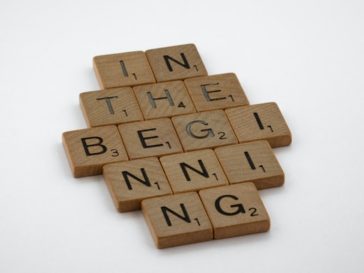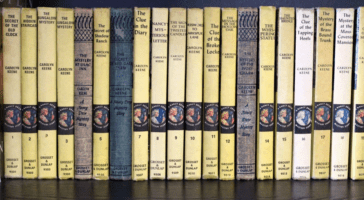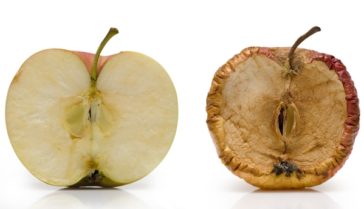I Dream of a Book: Should a Novel Ever Begin with a Dream?
This is one of those questions that readers and writers have very different opinions about. Those who teach writing are pretty united in saying that it’s a bad idea to start a book with a dream. “But it seems so clever,” you say. “There’s that zingy moment when the character wakes up and the reader realizes that none of what she’s learned so far really happened.” Set Up for a Let Down Well, yes. But there’s also a certain element … Read More »






